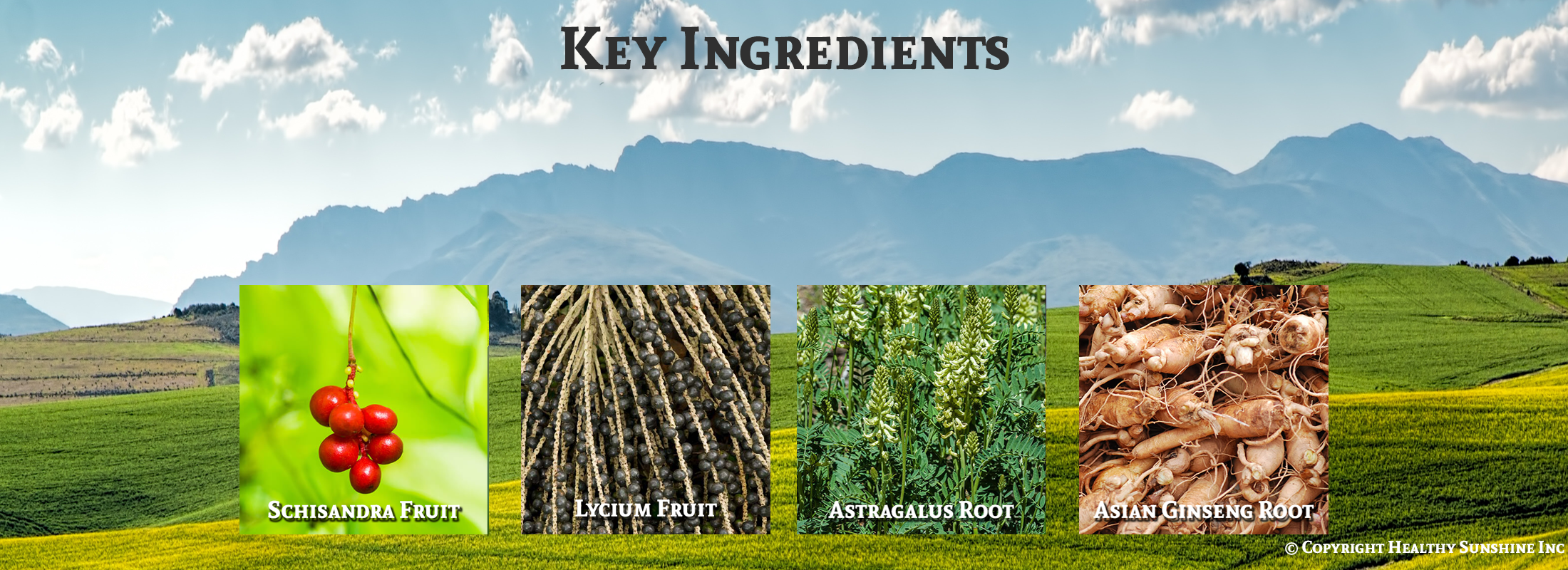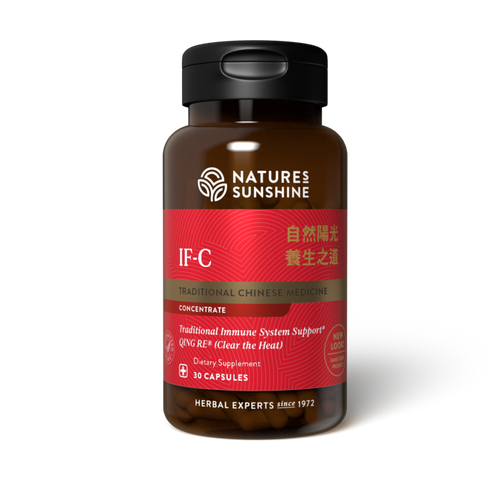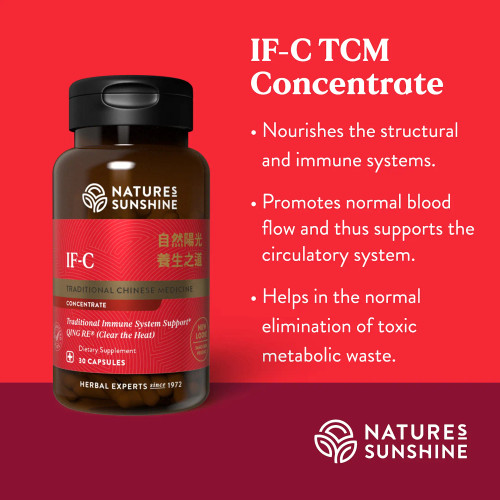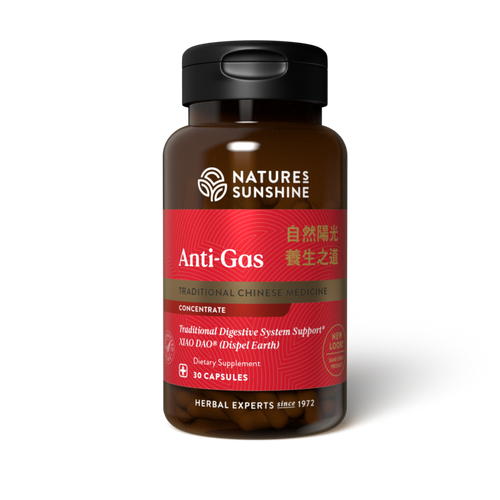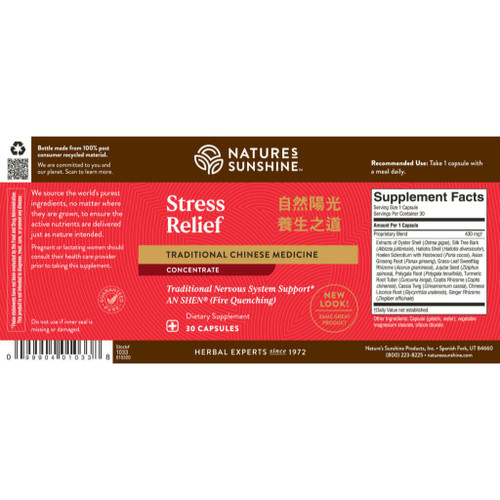Benefits:
- Relieves stress and promotes feelings of well-being.
- Nourishes the circulatory and nervous systems.
- Supports digestion.
- Promotes sleep.
- Invigorates the body.
How It Works:
This TCM concentrate contains the same herbs found in Nervous Fatigue formula but in a highly concentrated blend. Traditional Chinese Medicine would consider this a fire-enhancing formula. Its Chinese name yang xin translates to "nurture the heart." Weakness in the fire element usually manifests itself in the digestive, cardiovascular or reproductive systems. Biota seed contains aromatic compounds that have a sedative effect. These compounds also have a mild laxative effect. Jujuba seed contains bitter compounds that help promote relaxation. Schizandra fruit, a supporting herb in this formula, allows the body to respond quickly to stress, thus increasing the body's capacity to work. Its bitter compounds also support circulation. Ginseng acts as an adaptogen to help maintain balance in the body and help the body adapt to stress.
Ingredients:
Concentrated extract of schizandra fruit, biota seed, cistanche stem, cuscuta seed, lycium fruit, ophiopogon root tuber, succinum amber, tang-kuei root, acorus rhizome, astragalus root, dioscorea rhizome, hoelen sclerotium, lotus seed, ginseng root, polygala root, polygonatum rhizome, jujuba seed and rehmannia root tuber.
Recommended Use:
Take one capsule with a meal daily.
NOTE: Pregnant or lactating women should consult their health care provider prior to taking this supplement.
Widely used in Traditional Chinese Medicine, schisandra is known as the five-flavored fruit. Possessing a remarkable flavor that is sour, sweet, bitter, salty and pungent, it has been used for centuries for its adaptogenic benefits.
Grown widely across Asia, and particularly in the northwest regions of China, lycium fruit has been used as both a traditional medicinal herb and a food supplement for more than 2,000 years. It’s commonly used in soups and herbal teas, and has recently received attention for its powerful antioxidant properties.
Astragalus is a variety of pea native to China, Mongolia and North Korea. Listed among the superior class of herbs in classic texts, astragalus has been used for over 2,000 years! Even today it is recognized as one of the 50 fundamental herbs of Traditional Chinese Medicine. According to ancient Chinese philosophy, it was used to tonify the spleen and lungs, enhance blood flow and improve “Yin” deficiency.
Grown in the cold, temperate regions of northeast China and the Korean peninsula, panax ginseng dates back to Shennong, the legendary Yellow Emperor who is said to have started Traditional Chinese Medicine over 5,000 years ago. The name “panax” comes from the Greek word panacea, meaning cure-all, and today Panax ginseng is one of the most heavily cultivated herbs in the world.







